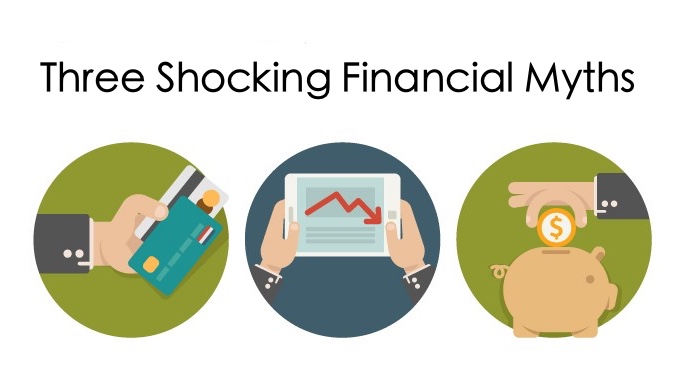The Greek myth of Sisyphus may not be immediately recognizable by name, but we’ve all heard the story of this man who is condemned to roll a boulder up to the top of the hill, only to watch it roll back down to the bottom. He must repeat this burden continually. The lesson to be attained from this myth is that even if we work hard, futile labor is a waste of our efforts.
Do you ever feel like Sisyphus with your finances? Let’s take a look at a possible scenario with a credit card with a balance of $15k. You have a firm intention to pay off that $15k completely, you chip away at it month by month. Pretty soon, you’re down to maybe $12K. Now your 17-year-old daughter’s car needs a new transmission. Bump, bump, bump, that rock rolls back down the hill. It’s a typical scenario, but we want to tell you that it doesn’t have to be. The same can be said for your car purchases, your retirement strategy, and even your mortgage. You are in charge of what’s financially possible, and creating your own wealth starts with learning what’s true and what’s perpetuated myth.
We know you already have sources your trust, but just because you have a trusted source suggesting certain methods, doesn’t necessarily mean that they are the best approach to creating wealth. Sometimes we accept everything we hear and have a difficult time separating from the good and bad advice that we receive. In truth, the answer to most financially related strategies and questions is, “It depends on your situation.”
Here are 3 myths we are told to believe:
1 – YOUR MONEY IS SAFEST IN THE BANK
If your money is in the bank it’s safe from a lot of things—especially growth. It’ just sitting there, not working for you. With a typical savings account return of 0.06%, you’ll be riding the road to wealth on the backs of snails. Simply put, the bank uses your money to make money for itself, because it loans it out to other people with higher interest than they will ever pay you. Oh, and they usually charge you fees for a checking account, so subtract that from your savings account interest and you may actually be paying them to keep that money safe.
2 – CARRYING A CREDIT CARD BALANCE WILL HELP YOUR CREDIT SCORE
Intentionally carrying a balance on a credit card is a slippery slope. Regardless of your credit score; if you are carrying a balance on a credit card you are paying interest, so the ones who benefit most are the credit card companies, not you. Aside from the obvious debt-to-income problem you can dig yourself into with a 17% interest rate; a better goal would be to not use credit cards at all. Over a lifetime you can save tens of thousands just by paying cash. Yes, we want to show you how you’ll never need another credit card—and don’t even give us the emergency excuse. We’ve got a solution for that.
3 – STOCKS MAKE YOU RICH – AND BONDS KEEP YOU RICH
Hmm, possibly, that depends. Each situation is different and needs to be evaluated individually. What is true about these plans is that their success depends on factors you can’t control. And they are often touted as providing “tax benefits” because of the ability to defer your taxes until you begin taking distributions. Deferring taxes is not the same as avoiding taxes. We want you to rely on a more proven strategy called Infinite Banking (made famous by Nelson Nash). This method advises a more secure place for your money and that you only play around in the stock market after you’ve provided for yourself and your family.
Here’s what’s true in a financial strategy: Whether you are an established investor, single executive, successful real estate professional or the starter family, you can take your wealth to the next level by safely growing your assets, efficiently managing your debt and optimizing the business of you using the Infinite Banking strategy offered at Paradigm Life. Join the masses that have overcome these myths and taken control of the way they build wealth and save for retirement.








